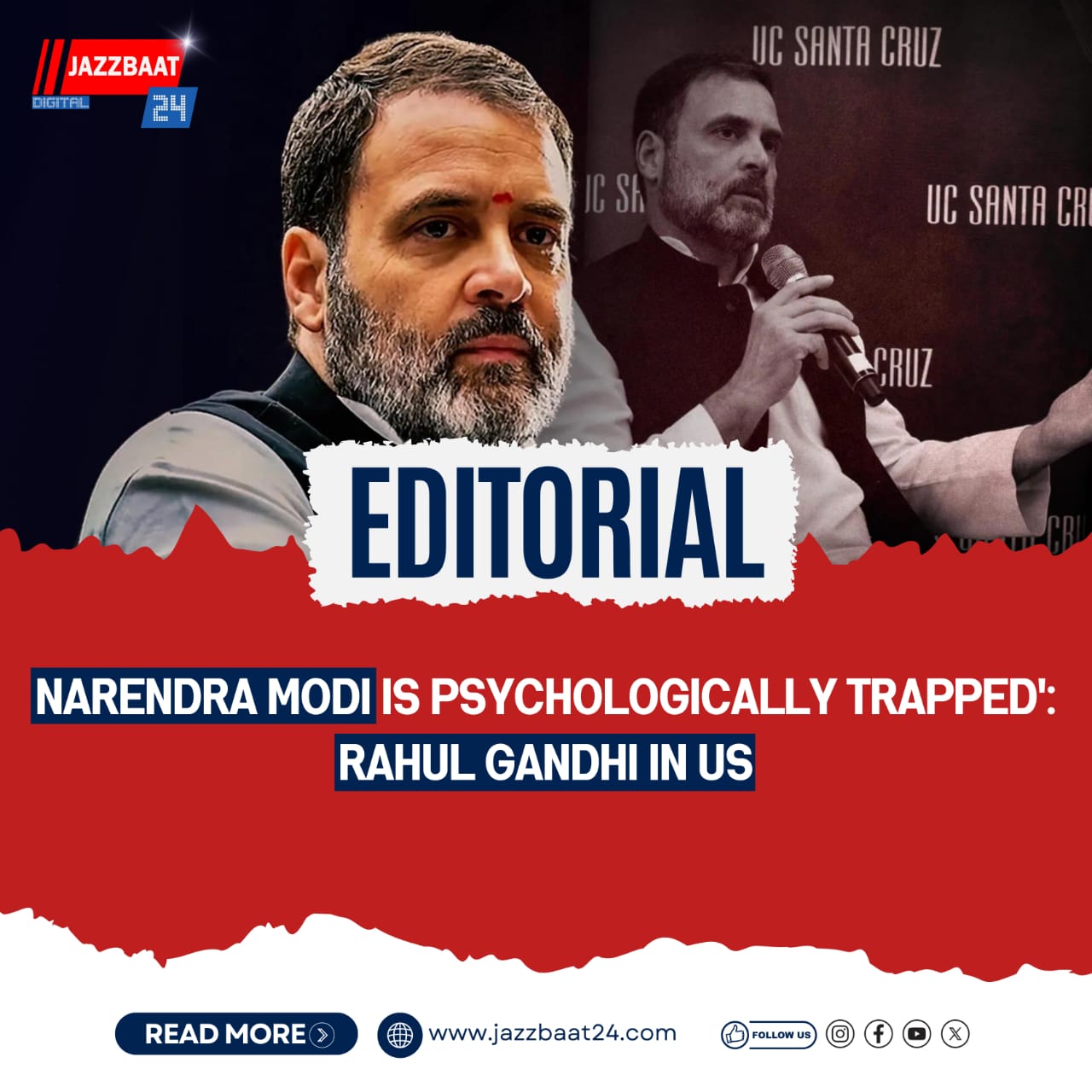Modi's Psychological Trap: Rahul Gandhi's Bold Analysis
In a recent visit to the United States, Rahul Gandhi made headlines with his provocative assertion that Prime Minister Narendra Modi is "psychologically trapped." Gandhi’s comment not only challenges Modi's political strategy but also brings to light the psychological dimensions of leadership in contemporary Indian politics.
Gandhi's critique is more than a mere political jab; it reflects a deep-seated concern about the current state of Indian governance. According to Gandhi, Modi's decisions and public behavior suggest a leader grappling with internal conflicts and insecurities. This psychological predicament, Gandhi argues, is influencing Modi’s policy choices and his approach to key national issues.
The idea of a leader being "psychologically trapped" is intriguing. It implies that Modi's actions, whether they be his aggressive policies or his often controversial statements, might be driven by personal fears or a struggle for validation. Such a perspective invites us to consider how personal psychology can impact leadership effectiveness and national governance.
Gandhi’s remarks resonate with a broader conversation about the mental and emotional burdens of leadership. High-pressure environments, intense public scrutiny, and the weight of national responsibilities can exacerbate psychological strains. For Modi, who has been at the helm during a period of significant economic and social upheaval, these pressures may be particularly acute.
While some may dismiss Gandhi's comments as politically motivated rhetoric, they prompt a crucial discussion about the human side of leadership. In a democracy, understanding the psychological and emotional states of leaders can provide valuable insights into their decision-making processes and the overall health of governance.
Furthermore, Gandhi’s statements underscore the need for transparency and accountability in leadership. If Modi is indeed struggling with psychological challenges, it is essential for the public and political institutions to address these issues constructively. Effective governance requires not just political skill but also mental resilience.
In conclusion, Rahul Gandhi’s assertion that Narendra Modi is psychologically trapped opens up a critical dialogue about the intersections of mental health and political leadership. It serves as a reminder that behind the veneer of political power, leaders are also human beings grappling with their own internal battles. Understanding these dimensions could be key to fostering a more empathetic and effective political environment.

